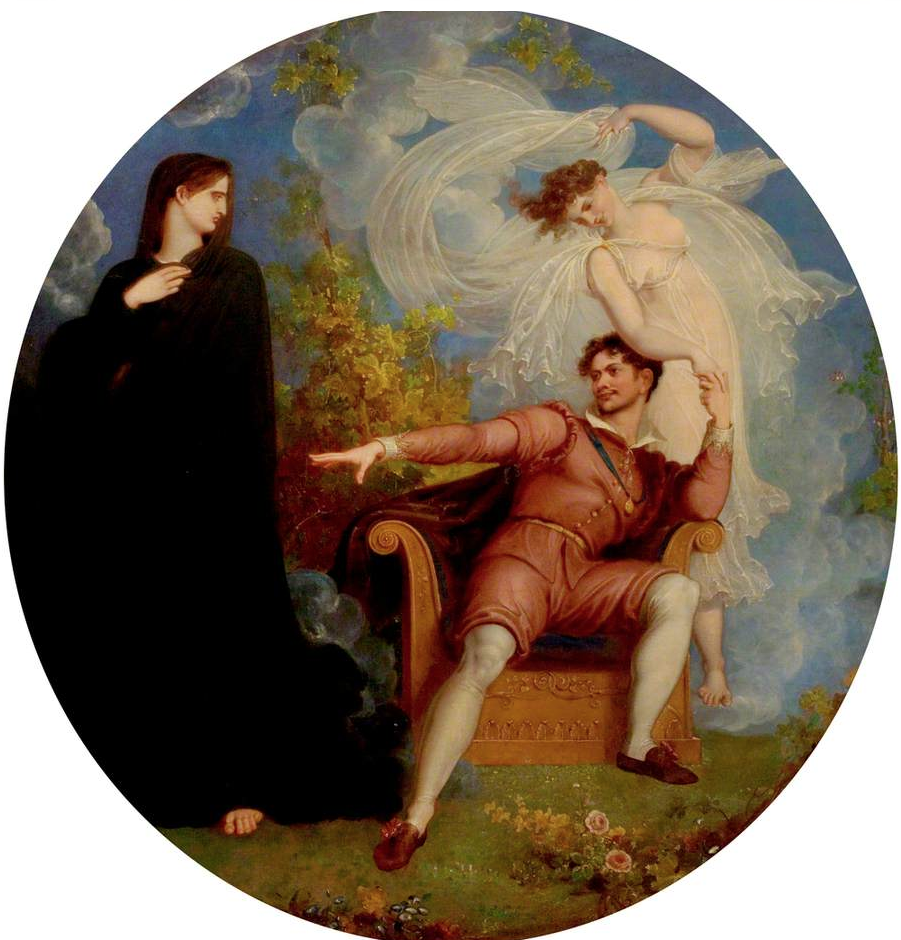About Professor Elisabeth Bronfen
In the last few years, I have been working with the concept of crossmapping. What I am interested in teaching students of literary and cultural studies has to do with what the German father of Kulturwissenschaften, Aby Warburg, called the cultural survival of pathos formulas. Aesthetic forms address cultural fantasies and anxieties, give them shape, but these formalizations also contain cultural concerns in the double sense of the word. They preserve them even as they tame them. In this preserved form they can travel from one medium to another, across the centuries. Crossmapping is a hermeneutic practice more than anything else. By noticing thematic, ideological and rhetorical analogies between texts – be these narratives, dramas, films, t.v. series or objects of visual culture like paintings and photographs – different lines of association, different axes of signification are opened up. This allows us both to think about how aesthetics is one of the key ways to deal with cultural concerns, with political ideologies, with historical memory. Equally important, it opens up the divide between high and low culture, showing that both canonic texts, like Shakespeare’s oeuvre, as well as Hollywood cinema and, at the moment, prestige t.v., are theoretical: not only because they negotiate historical and philosophical issues but also because they think about and reflect on their own medium.
English Seminar, University of Zürich
Website Elisabeth Bronfen

B.A. Seminar: Serial Shakespeare.
My B.A. Seminar this term is entitled: Serial Shakespeare. As Jan Kott writes in Shakespeare, Our Contemporary: “Sometimes one has the impression that Shakespeare has in fact written three or four plays and kept repeating the same themes in different registers and keys.” What might it mean to explore these different registers and keys for a series of plays that all revolve around a heroine, repudiated by her lover, who returns from this death-like condition. After all, the theme of abandonment and return, of lovers mismatched and rematched, begins with Shakespeare’s earliest comedy, Two Gentlemen of Verona, and can be traced all the way to his late romance, Winter’s Tale. What similarities, what differences do we discover, once we treat these plays as a series? At the same time, by looking at the way Hollywood has adapted Shakespearean thinking, even – or especially – in films not explicitly reworking one of his plays – we read these films differently. What do we notice if we map Mike Nichols’ Closer (2004) onto Much Ado About Nothing? What is revealed when we map David Fincher’s Gone Girl (2014) onto Winter’s Tale? If nothing less, we come to realize that Shakespeare is, indeed, our contemporary.
M.A. Seminar: Hurray for Hollywood
My M.A. Seminar is concerned with the way that the American Dream is nowhere more forcefully embodied than in Hollywood. Here, on the edge of the continent, framed by the desert and the ocean, American culture mirrors and reflects on itself. Joel and Ethan Coen use this to think about politics and entertainment in their satire Hail, Caesar! (2016). Indeed, Hollywood, has always been the American heterotopia par excellence, contesting cultural conflicts, negotiating public fantasies and anxieties. Melodramas, musicals and crime stories are some of the key film genres we will discuss in this seminar. Not only the vicissitudes of stardom but also the gender of the star play an important role, as we will see in the different versions of A Star is Born (where a young woman rises at the cost of her male mentor), The Artist (where a silent film actor finds a way to break into sound film) and Sunset Boulevard (were a silent film actress will not relinquish her celluloid self). At the same time, we will look at the way American fiction interrogates issues of stardom and celebrity culture, even while writing a history of Hollywood. Such novels include the first book about a young man, trying to make it in Hollywood, Merton of the Movies by Harry Leon Wilson (1919), as well as F. Scott Fitzgerald’s scathing critique of the dream factory in The Last Tycoon (1941).

